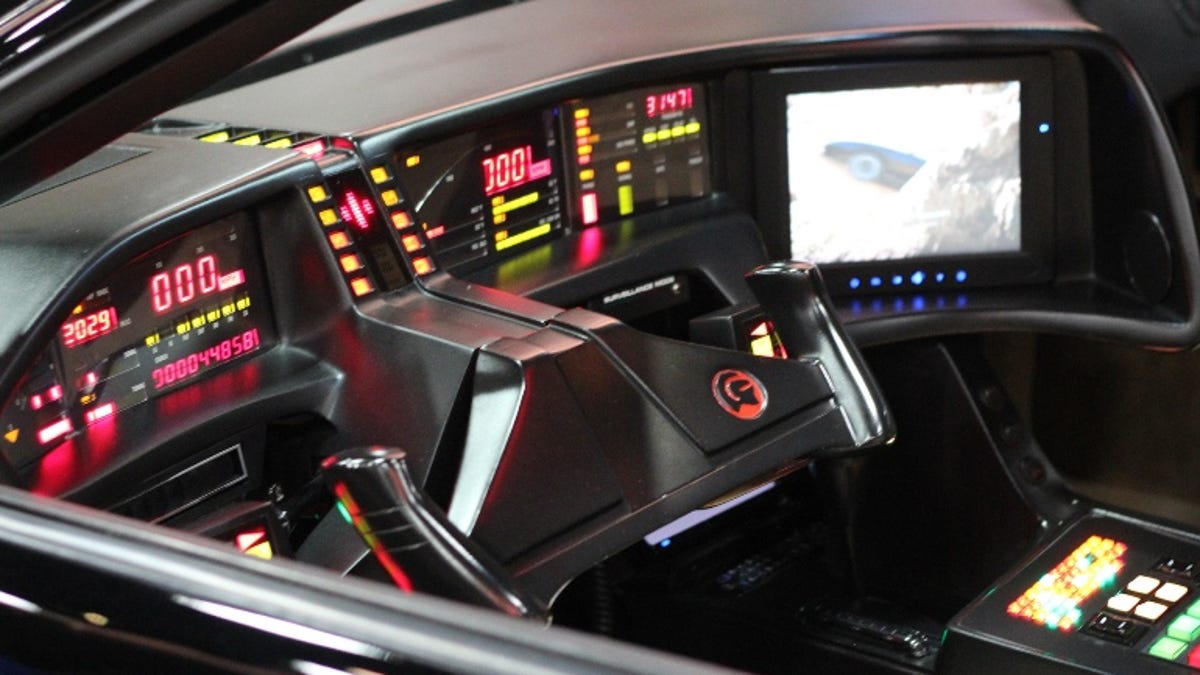Cars of the future prone to hacking thanks to '80s security
Cars are becoming smarter and more connected than ever before, but according to one researcher these cars of the future are being held back by security systems fresh from the 1980s.

A leading road safety expert has warned that today's futuristic cars are thoroughly retro when it comes to security, saying that smart cars risk being hacked unless security protections are upgraded.
Professor Andry Rakotonirainy from the Queensland University of Technology Centre for Accident Research and Road Safety said that while cars will become safer and offer greater technological improvements, security is in need of a major update in order for the cars to be truly smart.
"The security protection on cars is virtually non-existent, it is at a level of protection that a desktop computer system had in the 1980s, the basic security requirements such as authentication, confidentiality and integrity are not strong," he said.
"What this means is that as vehicles become more and more connected and autonomous, with the ability to communicate to other vehicles and infrastructure through wireless networks, the threat of cyber attack increases putting people's safety and security at risk."
According to Rakotonirainy, all new cars are equipped with something known as CAN-BUS technology which acts like the "brain" of the car, allowing "microcontrollers within a car to communicate to each other". CAN-BUS can be used to control everything from airbags and cruise control to power steering systems and breaks, and this kind of functionality is just "the tip of the iceberg" for what the future holds.
"The development of intelligent transport systems meant future cars would be connected to wireless networks as standard and would offer a higher level of automation," said Professor Rakotonirainy.
"For example, cars will be wirelessly connected to other cars. If a vehicle stops ahead, a warning can be issued to drivers behind to slow down, or vehicles can automatically take control and slowdown without the driver's intervention."
However, that interconnectedness also opens the door for potential danger.
"If someone hacks into a vehicle's electronics via a wireless network and exploits the current security loophole, they can track or take control of it," he said. "We need to be analysing the types of risk that that these intelligent vehicles are facing and work to provide a secure, reliable and trusted protection system.
"A vehicle's communication security over wireless networks cannot be an afterthought and needs to be comprehensively considered at the early stages of design and deployment of these high-tech systems from the hardware, software, user and policy point of view."

